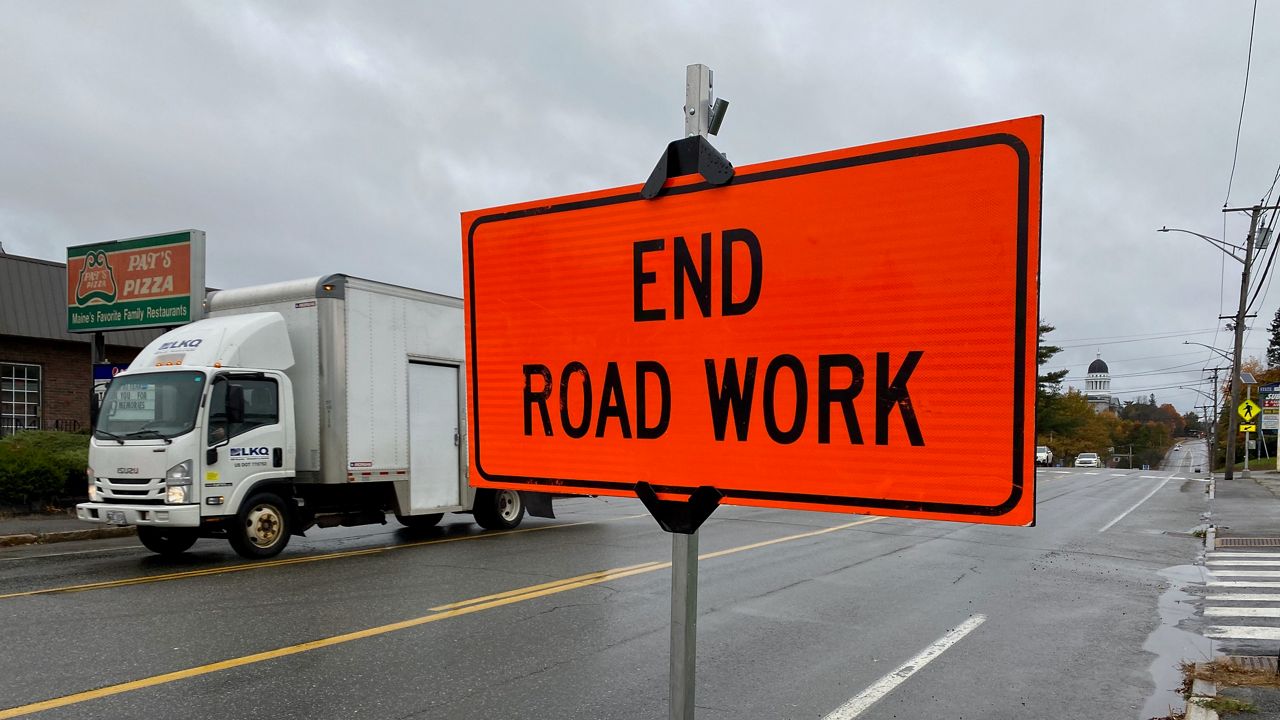Mainers on Tuesday will be asked to approve a $100 million transportation bond that will pay for bridge improvements, highway reconstruction, airports, railroads and ports.
“It’s mission critical to our ability to deliver on our work plan,” said Maine Department of Transportation Commissioner Bruce Van Note. “Transportation affects every person, every day.”
The $100 million in state money will be matched by $253 million in federal, local and private funds, he said. To borrow the $100 million, it’s estimated the state will pay $27.5 million in interest over 10 years, assuming a 5% interest rate, according to language on the ballot.
The transportation bond – listed as Question 2 – will pay for 50 bridge projects, 30 miles of highway reconstruction and 300 miles of “preservation paving” or what Van Note described as work needed to keep high priority roads in good shape. In addition, the state provides 50% funding for municipal projects and the funds will pay for 30 other initiatives covering rail, ports, transit and bicycle travel.
As an example, the bond will pay for bridge investments in the Waterville area and work on U.S. Route 1 through Searsport, he said.
Typically, transportation bonds pass easily. The 2020 bond request for $105 million passed with 79% support. A bond hasn’t been rejected by voters since the early 1980s.
In September, the 12-member Maine Municipal Association Executive Committee voted to support the 2021 bond. It also received the blessing of the Maine Better Transportation Association, Associated General Contractors of Maine and the Maine State Chamber of Commerce.
Chamber president Dana Connors, a former state transportation commissioner, said Maine is a big state with a lot of transportation needs.
“Mainers understand transportation is a fundamental value,” he said. “It is a value not to be denied and people see it as an investment in our economy and people’s lives and livelihood.”
Or as Van Note put it: “If you ate breakfast, that food was probably on a truck.”
Maine’s transportation bond comes at a time when the federal government is weighing approval of a $1 trillion infrastructure spending plan. If that passes, Maine will have to compete with other states for grants and the state will use additional core funds to cover the increased cost of construction projects, Van Note said.
In recent years, the department has taken what Van Note described as a “MacGyver-type approach” to addressing transportation needs. He hopes if Maine is awarded additional federal funds, it will allow the state to tackle bigger projects.
“We’ve been successful in the past and we hope to in the future,” he said.



